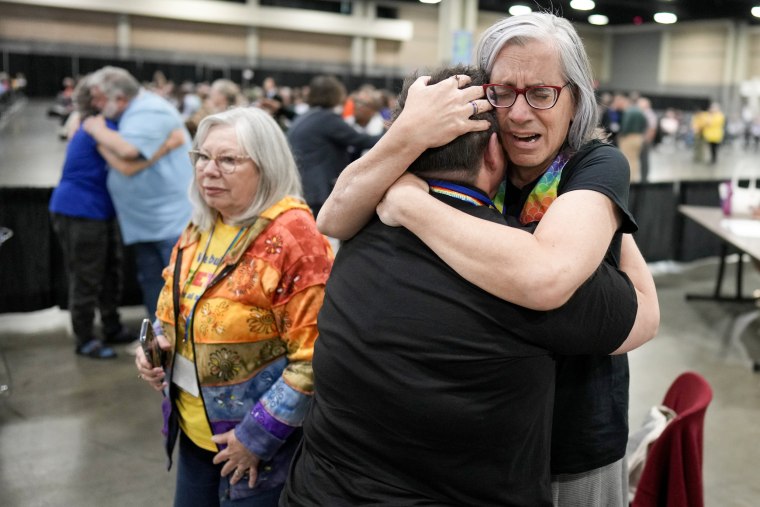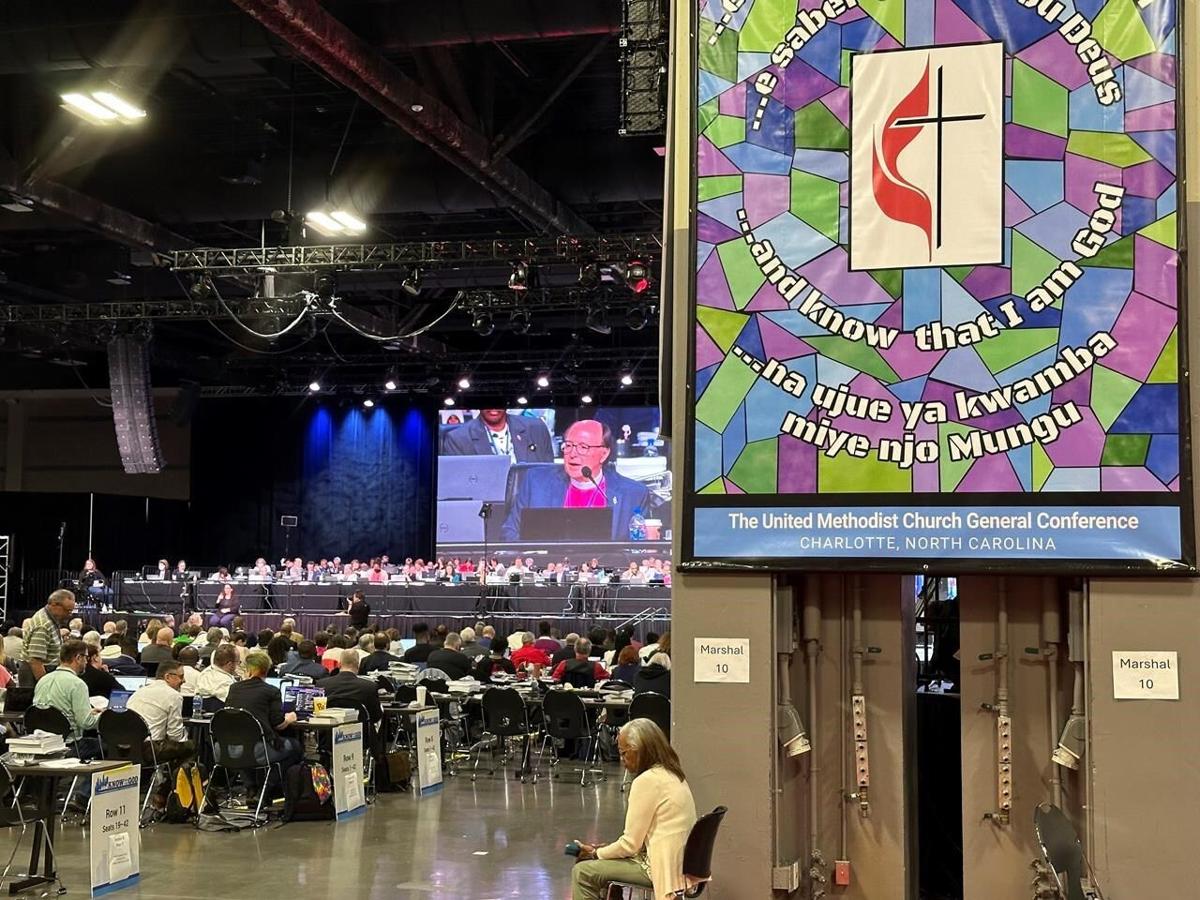In a historic move, United Methodist delegates gathered at their General Conference and made a decisive vote to repeal the church’s longstanding ban on LGBTQ clergy. The vote, with a significant margin of 692-51, marks a pivotal moment in the church’s history, signaling a departure from decades of controversy surrounding the issue.

Repeal of Longstanding Ban
Past General Conferences had reinforced the ban amid heated debates and protests. However, the recent vote reflects a solidly progressive direction, as many conservatives who previously upheld the ban have departed from the denomination in recent years. The consensus was so overwhelming that the repeal was swiftly included in a “consent calendar,” underscoring its non-controversial nature among delegates. This significant shift paves the way for greater inclusivity within the United Methodist Church.
A Step Towards Inclusion
The repeal of the ban not only removes a longstanding barrier but also holds profound implications for LGBTQ clergy within the church. While the change does not mandate or explicitly affirm LGBTQ clergy, it signifies a significant step forward by no longer forbidding their ordination. The vote also approved measures that prevent district superintendents from penalizing clergy for performing same-sex weddings or for refraining from doing so. This move further dismantles various LGBTQ bans embedded in official church law and policy, signaling a broader commitment to inclusion and acceptance.
Celebration of the Historic Decision
Outside the convention center, LGBTQ advocacy groups and allies gathered to celebrate the landmark decision. Applause and tears filled the air as observers embraced, acknowledging the significance of the moment. Bishop Karen Oliveto, the first openly lesbian bishop in the United Methodist Church, expressed gratitude for the lifting of restrictions, emphasizing the newfound freedom for LGBTQ individuals to live out their calling without fear.
However, the vote also underscores the ongoing challenges and divisions within the denomination. The departure of a significant number of U.S. churches, particularly over issues related to LGBTQ inclusion, reflects a complex landscape of differing perspectives and values. Moreover, the possibility of further departures from international churches, particularly in Africa, remains a concern, given more conservative sexual values prevail in some regions.
Roadway Towards a Brighter Future
The conference’s endorsement of a regionalization plan, granting autonomy to U.S. churches, could potentially create a scenario where LGBTQ clergy and same-sex marriage are permitted in the United States but not in other regions. This divergence in practices underscores the complex process of navigating theological differences within a global denomination.

As the United Methodist Church grapples with these challenges and transformations, the repeal of the ban on LGBTQ clergy represents a significant milestone in its journey towards greater inclusivity and acceptance. While the road ahead may be fraught with challenges, the decision to embrace diversity and affirm the dignity of all individuals reflects a commitment to honoring the values of love, compassion, and equality that lie at the heart of the Christian faith.
